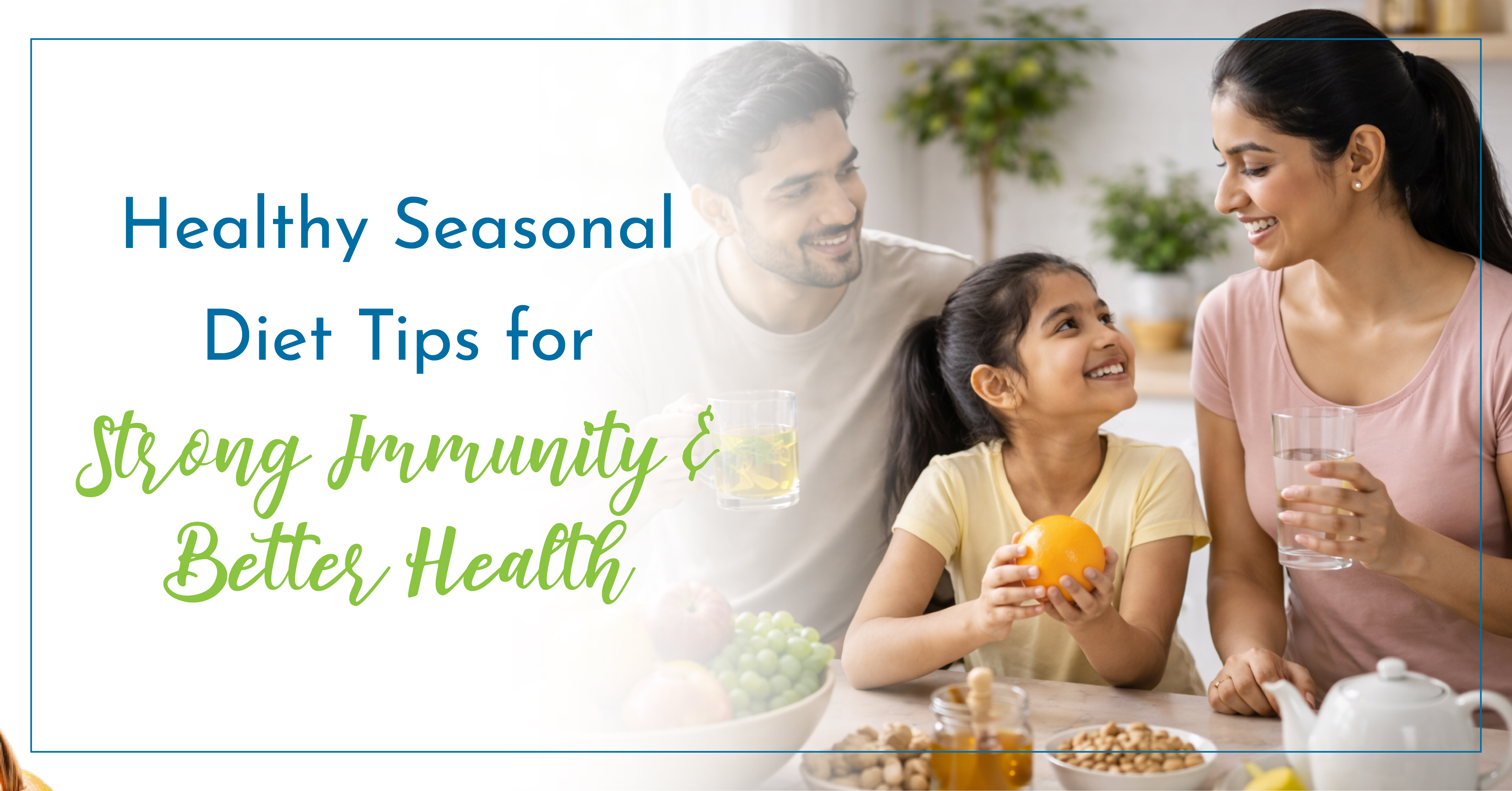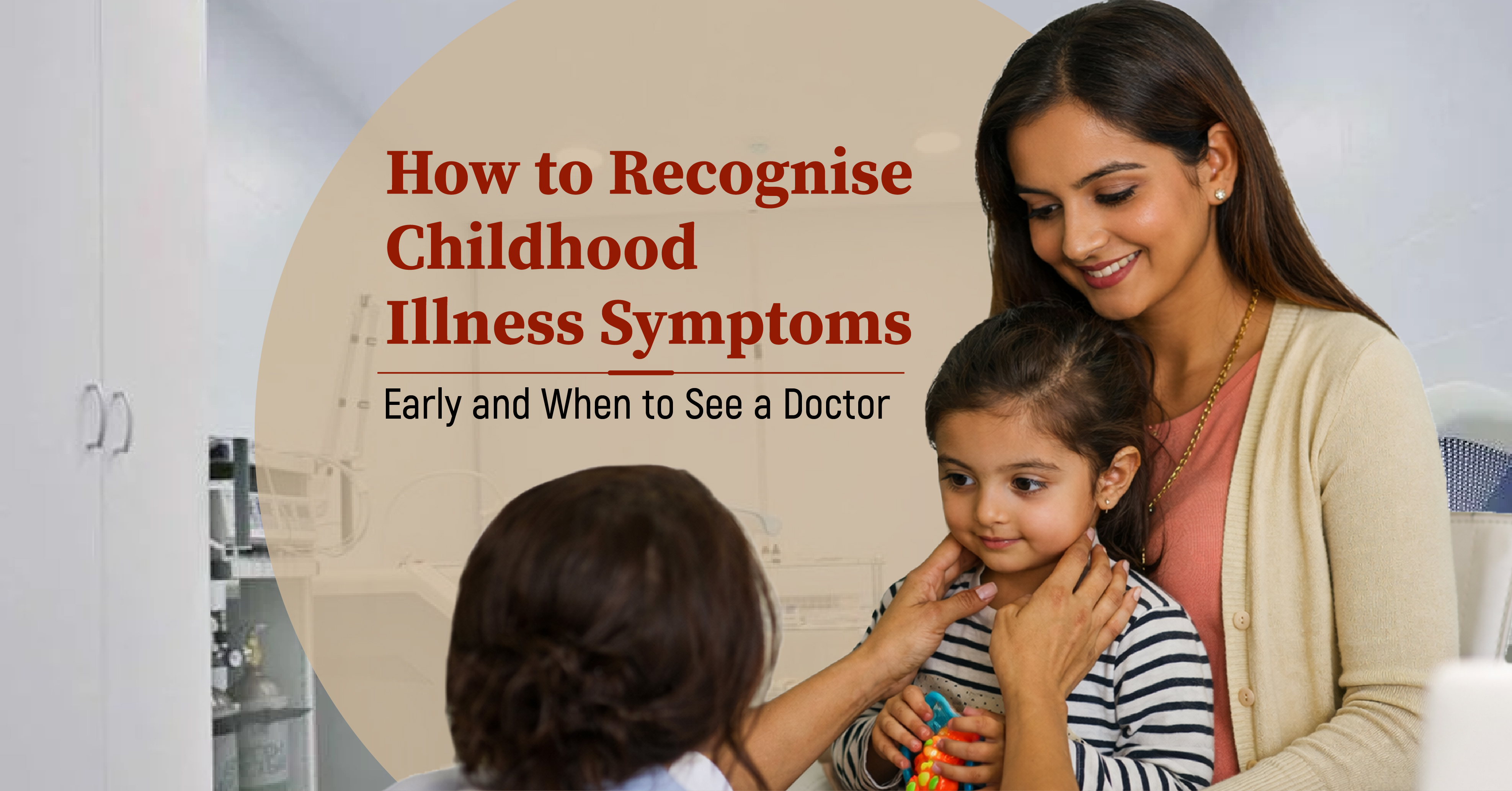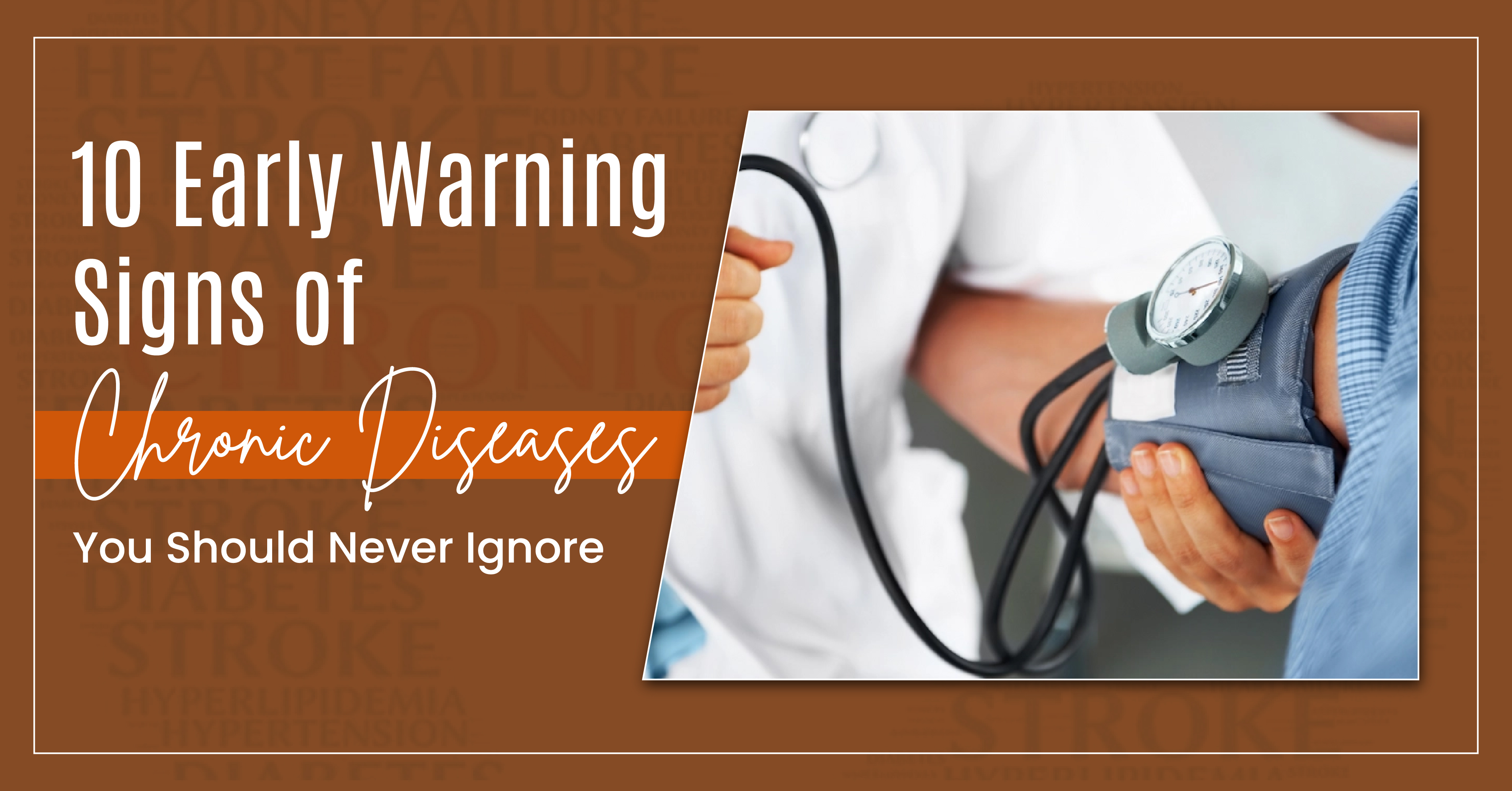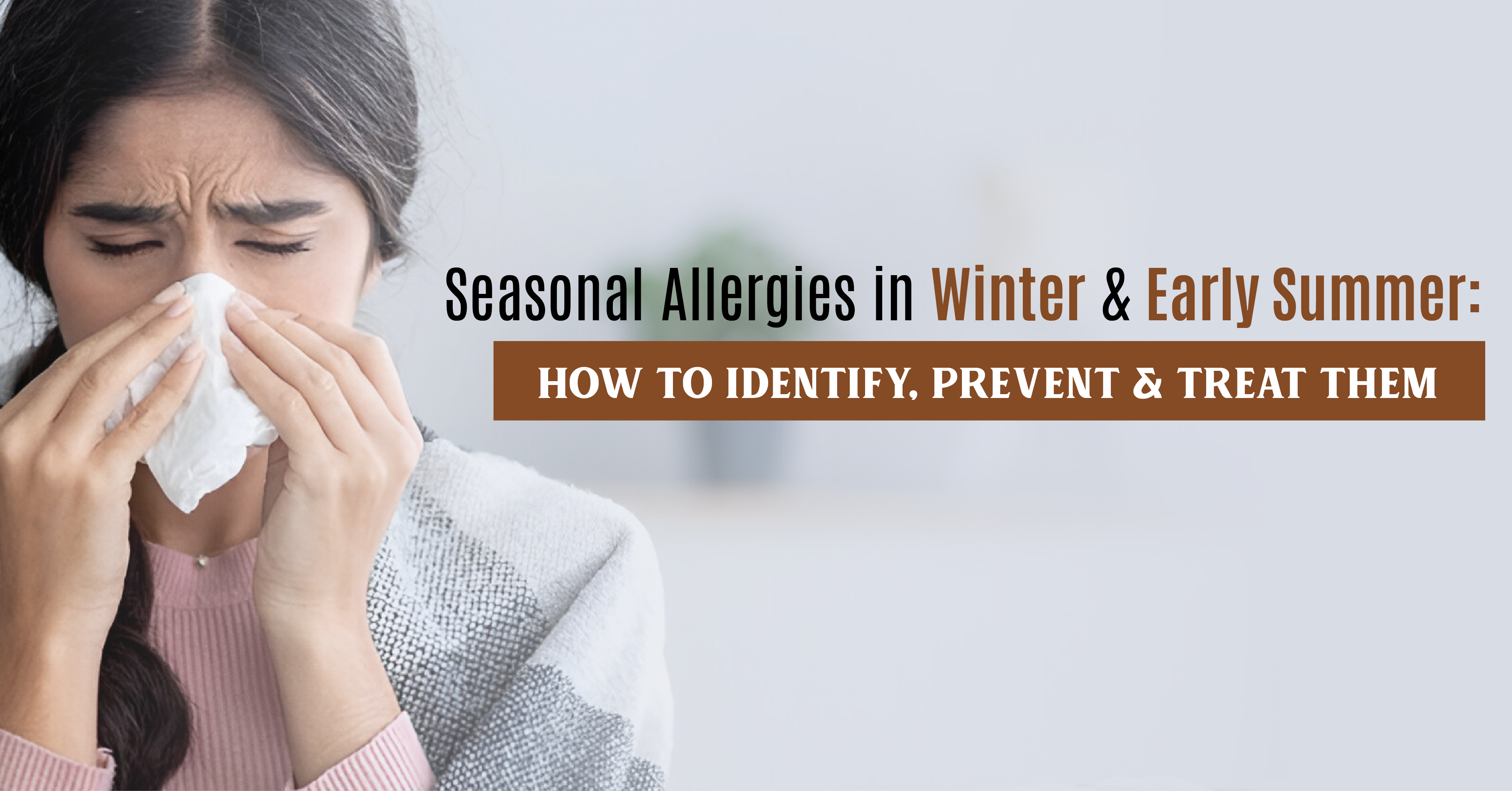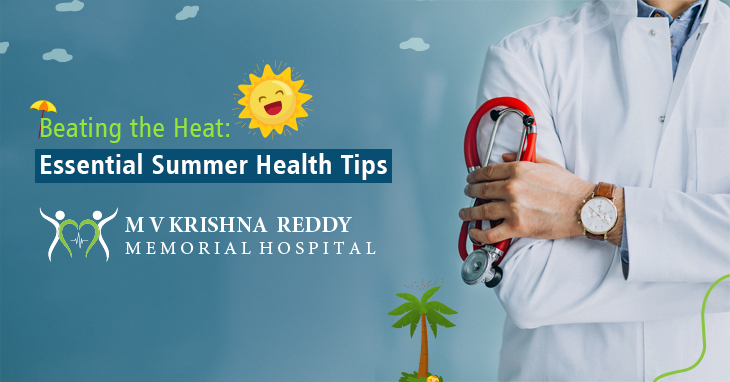
Mar 13, 2025
Beating the Heat: Essential Summer Health Tips from Your Local Rural Hospital
Summer can be both refreshing and exhausting, depending on how well you prepare for it. As temperatures soar, the risk of dehydration, heatstroke, and other heat-related illnesses rises significantly. Rural hospitals play a crucial role in providing healthcare solutions to help communities stay safe during extreme weather. MV Krishna Reddy Memorial Hospital, recognized as the best general hospital in Ongole, offers comprehensive healthcare services to ensure a healthy and safe summer for everyone.
This blog covers essential summer health tips, including heatwave prevention, hydration, heatstroke prevention, summer-friendly foods, sun protection, and skincare. It also explores common summer diseases, emergency care for heat exhaustion, and the role of rural hospitals in summer wellness.
Understanding the Summer Heat and Its Impact
Rising temperatures and prolonged exposure to heat can lead to serious health issues. Common symptoms of heat-related illnesses include excessive sweating, dizziness, nausea, and fatigue. If left untreated, these conditions can escalate into life-threatening emergencies. Therefore, taking preventive measures is essential to protect your health and well-being.
Heatwave Prevention Tips
A heatwave is an extended period of excessively high temperatures, often combined with high humidity. To protect yourself and your loved ones, follow these heatwave prevention tips:
- Stay Indoors During Peak Hours: Avoid going outside between 11 AM and 4 PM when the sun is at its hottest.
- Use Cooling Methods: Use fans, air conditioning, or cool showers to regulate body temperature.
- Wear Loose and Light Clothing: Opt for breathable fabrics like cotton to stay cool.
- Monitor Weather Reports: Stay updated with heatwave warnings and take precautions accordingly.
- Check on Vulnerable Individuals: Elderly people, children, and those with chronic illnesses are more susceptible to heat-related conditions.
Stay Hydrated in Summer
Dehydration is one of the biggest risks during summer. Here are some essential tips to stay hydrated in summer:
- Drink Plenty of Water: Aim for at least 8-10 glasses of water daily, and more if you sweat excessively.
- Consume Hydrating Foods: Include watermelon, cucumber, oranges, and coconut water in your diet.
- Limit Caffeine and Alcohol: These drinks can dehydrate your body quickly.
- Carry a Water Bottle: Always keep water with you, especially when going outdoors.
- Monitor Urine Color: Dark yellow urine may indicate dehydration; clear or light yellow is ideal.
Prevent Dehydration and Heatstroke
Extreme heat can cause dehydration and heatstroke, both of which can be dangerous. Here’s how to prevent dehydration and heatstroke:
- Recognize Early Signs: Symptoms like excessive thirst, dry mouth, dizziness, and confusion should not be ignored.
- Take Frequent Breaks: If working outside, take breaks in the shade or indoors.
- Use Wet Cloths: Applying a cool, damp cloth to your skin can help lower body temperature.
- Stay Cool at Night: Sleep in a well-ventilated room to prevent overheating while resting.
- Visit a Doctor if Needed: Seek medical attention if symptoms persist or worsen.
Best Foods for Summer Health
Eating the right foods can keep you cool and hydrated. Here are some best foods for summer health:
- Fruits and Vegetables: Watermelon, muskmelon, cucumber, and tomatoes help maintain hydration.
- Curd and Yogurt: These help in digestion and provide probiotics for gut health.
- Tender Coconut Water: A natural electrolyte that helps replenish lost fluids.
- Leafy Greens: Spinach and lettuce are rich in vitamins and essential nutrients.
- Lemon Water: Keeps you refreshed and helps maintain electrolyte balance.
Sun Protection and Skin Care
Prolonged exposure to the sun can cause sunburn, premature ageing, and skin diseases. Follow these sun protection and skin care tips:
- Apply Sunscreen: Use SPF 30 or higher before stepping out in the sun.
- Wear Sunglasses and Hats: Protect your eyes and face from harmful UV rays.
- Use Moisturizers: Keep your skin hydrated with lightweight, water-based moisturizers.
- Avoid Harsh Soaps: Use mild, fragrance-free cleansers to prevent skin irritation.
- Stay in the Shade: Whenever possible, avoid direct sunlight during peak hours.
Common Summer Diseases and Prevention
Many illnesses are more common during summer due to heat and humidity. Here are some common summer diseases and prevention measures:
- Heat Rash: Keep skin dry and wear loose-fitting clothes.
- Food Poisoning: Avoid street food and eat home-cooked meals.
- Typhoid and Cholera: Drink clean, filtered water and maintain hygiene.
- Mosquito-Borne Diseases: Use mosquito repellents and keep surroundings clean.
- Fungal Infections: Keep the body dry and wear breathable fabrics.
Emergency Care for Heat Exhaustion
Emergency care for heat exhaustion is essential in extreme cases. If someone experiences heat exhaustion, follow these steps:
- Move to a Cooler Place: Take the person to a shaded or air-conditioned area.
- Give Fluids: Offer water, oral rehydration solution, or electrolyte drinks.
- Remove Excess Clothing: Loosen tight clothing to help cool down.
- Apply Cool Compresses: Use wet clothes or ice packs on pulse points.
- Seek Medical Attention: If symptoms worsen, visit a hospital immediately.
MV Krishna Reddy Memorial Hospital, recognized as the best general medicine hospital in Ongole, provides emergency care for heat-related conditions.
Summer Wellness from Rural Hospitals
Access to healthcare is vital, especially in rural areas where heat-related illnesses can become severe. Summer wellness from rural hospitals includes:
- Awareness Campaigns: Educating people about hydration and sun safety.
- Free Health Checkups: Regular screenings for heat-related illnesses.
- Telemedicine Services: Online consultations for those unable to visit hospitals.
- Emergency Medical Support: 24/7 care for severe dehydration and heatstroke.
Local Hospital Health Tips for Summer
MV Krishna Reddy Memorial Hospital shares valuable local hospital health tips for summer:
- Drink 2-3 liters of water daily to stay hydrated.
- Wear light, loose clothing to prevent heat rashes.
- Eat fresh fruits and vegetables to maintain hydration.
- Avoid direct sun exposure during peak hours.
- Seek medical help if you experience symptoms of heat exhaustion.
Conclusion
Following these summer health tips can help you stay safe and healthy during extreme temperatures. By taking heatwave prevention tips seriously, making efforts to stay hydrated in summer, and knowing how to prevent dehydration and heatstroke, you can reduce health risks. Eating the best foods for summer health and adopting sun protection and skin care habits will keep you feeling fresh. Stay informed about common summer diseases and prevention and always be aware of emergency care for heat exhaustion. Rural hospitals, such as MV Krishna Reddy Memorial Hospital, provide crucial support, making it the best general medicine hospital in Ongole for summer wellness.
Table of Contents
More from Blog
Feb 15, 2026
Feb 06, 2026
Jan 28, 2026
Jan 20, 2026
Dec 24, 2025
